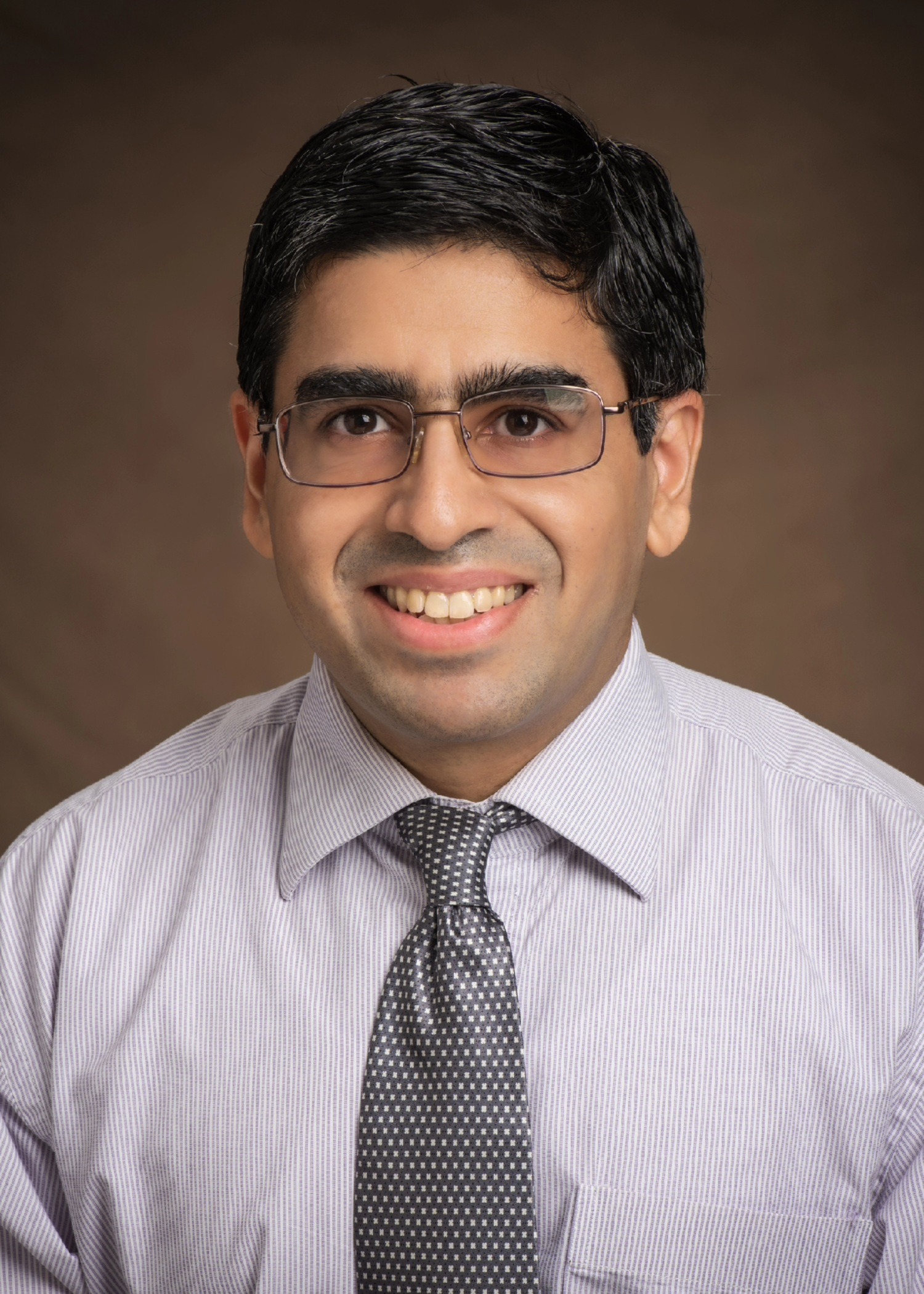Challey Spotlight: Zahid Anwar, Ph.D.
Associate Professor of Cybersecurity
Zahid Anwar is an associate professor of cybersecurity in the NDSU Department of Computer Science and a scholar of the Challey Institute for Global Innovation and Growth. His research focuses on cybersecurity policy and innovative cyber defense. He has authored more than 80 publications in peer-reviewed conferences and journals. In 2015, he received a science of security research recognition from the National Security Agency. Originally from Pakistan, Zahid received his Ph.D. in computer science from the University of Illinois in 2008. He came to NDSU in fall 2021 from Fontbonne University in St. Louis. You can follow his work at http://www.zahid.blog/
Research and outreach highlights:
- We Need Extreme Measures to Recover Afghans’ Personal Data | The Hill
- 5 Things You Need to Know to Optimize Your Company's Approach to Data Privacy and Cybersecurity | Authority Magazine
What inspired you to study cybersecurity?
I got into this area back when I was a grad student in 2003. I was working on my Ph.D. with my advisor at the University of Illinois, and there was a big incident on the East Coast. There was a major blackout for three days where folks did not have any electricity. The government decided that they needed to make sure the power was resilient, so my advisor received a joint grant to study the robustness of the power grid. So, I remember going around with my laptop to the different sub stations around town, trying to figure out if I could break into them; and you would be surprised at some of the weaknesses we found. And that’s what got me excited about this field.
It also excites me because in cybersecurity there is something for everyone. There are different kinds of career pathways. There are dozens of different roles from technical to managerial, and cybersecurity professionals are in high-demand. I also find that cracking cybersecurity problems is like the ultimate challenge. I find it a tremendous thrill. Mostly I feel like I’m working for the greater good.
Cybersecurity is a growing area of concern for many businesses and individuals. What do you see as the biggest threat to cybersecurity?
Ultimately, good cybersecurity starts with you. Human error is the greatest threat. Poor cybersecurity practices negatively impact billions of people every single day. Identities are stolen. Passwords are hacked. Computers are held for ransom. So, it’s really important to practice good cyber hygiene, and what encompasses good hygiene? Using complex passwords, changing your passwords regularly, keeping your computer programs up to date, regularly backing up your data. The human is the weakest link in the chain.
Can you tell us about your current research?
Sure, my research is in cyber analytics and policy and law. The world is becoming increasingly automated – with online shopping, with robots managing large warehouses, with companies being able to get their software updated to people every second. But it’s not just the world that’s becoming more automated. More cyber attackers are also acting with machine speed to compromise your data. Now the defenders, on the other hand, are still resorting to very traditional, manual controls. So, I am investigating the solutions which would allow the defenders to utilize machines to keep up with an automated defense.
What drew you to NDSU and the Challey Institute? What are you looking forward to this year?
I’m pleased to join NDSU because, well it’s recognized by the NSA and the DHS as a national center of academic excellence in cyber research. And then I am really excited about my position here because it’s a dual affiliation between the Computer Science Department and the Challey Institute for Global Innovation and Growth. This provides me very unique opportunities to network with different kinds of people working in different fields, and I’m really looking forward to that.
How would you describe your teaching philosophy?
For all of my classes, there are two goals that I try to define for myself when teaching. First, to provide an environment where students as well as myself can pursue academic advancement. This is vital for the careers of students. Second, I want to arouse their curiosity in cybersecurity. If you visit my class, you’ll see students working in these little teams trying to solve puzzles. And then I try to encourage and reward creative work. Finally, it’s just being passionate about my subject. An instructor’s enthusiasm for the subject is contagious, and so I try to leverage my enthusiasm to get the students to engage and interact with me and with the material and with each other.
How are the resources of the Challey Institute, supported by philanthropy, advancing your work?
It is my first month here, but I am looking forward to attending all the talks and meeting with the speakers who are part of the Human Progress and Flourishing Workshop. I am also really looking forward to the different training opportunities like the one coming up on op-eds. I feel many of these trainings are very unique. You don’t typically get opportunities like these in other roles at the university.



